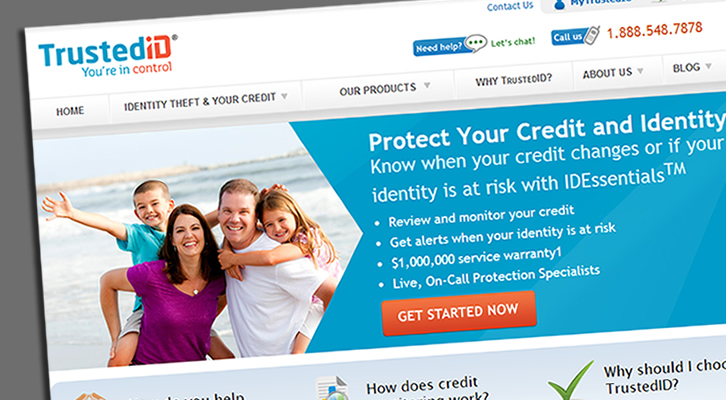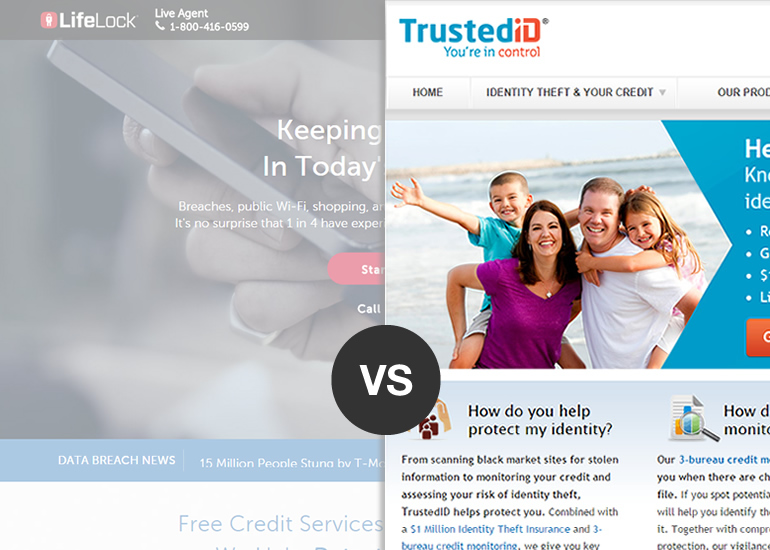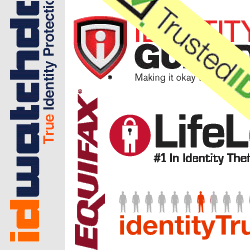The Federal Trade Commission recently issued helpful information for health care and insurance providers in a new publication called Medical Identity Theft FAQs for Health Care Providers and Health Plans. The publication provides tips on how to help patients reduce the risks of medical identity theft as well as how to deal with the consequences of medical identity theft. According to the FTC, identity theft is the most common complaint submitted by the consumer to the nation’s consumer protection agency.
What the FTC’s Publication Offers
Like other forms of identity theft, medical identity theft is becoming a growing problem with more patients finding charges on their health care bill for medical services they did not receive. The FTC’s new publication, Medical Identity Theft FAQs for Health Care Providers offers the following information:
- How to Know if Your Are a Victim of Medical Identity Theft: The publication outlines what the patient should look for if they have become a victim of medical identity theft including unexplained charges for medical services, collection agents calling regarding bills that the patient does not owe, collection information submitted to the patient’s credit report, or insurance denial due to a medical condition the patient does not have, and much more.
- Procedure for Health Care Providers: The FTC publication advises health care providers and insurers of how to go about the process if they discover that a patient has become a victim of medical identity theft. A clear explanation is provided on how to proceed with an investigation, conduct a review of data security practices, and other information that pertains to the investigation.
- How to Deal with the Patient: There is a host of advice in the publication on how to inform a patient of medical identity theft. The information includes advising a patient of their rights with regard to HIPAA, advising victims on how to file a complaint with the Federal Trade Commission, alerting the credit reporting companies, sending a copy of a police report to their health care plan provider, and advising patients on how to look for other breaches of their personal information by requesting a credit report or working with an identity theft protection agency.
- How to Help the Patient: For further assistance to the patient, health care providers and insurers are advised to obtain copies of a brochure on Medical Identity Theft published by the Federal Trade Commission for use in medical offices, websites, and newsletters. The brochure has advice for the patient on how to prevent medical identity theft and what to do if you become a victim.
If you would like to know more about how to protect yourself against medical identity theft or you have become a victim of this growing crime, the Federal Trade Commission advises that you can file a complaint by accessing the FTC website at www.ftccomplaintassistant.gov. You can also contact the FTC by telephone at 1-877-ID-THEFT or 1-866-653-4261.
For those that desire to learn more about medical identity theft you can log onto www.ftc.gov/idtheft and for more information on how to file a police report you access this information at www.ftc.gov/idtheft/consumers/defend.html.
We also recommend taking a look at Trusted ID, an identity protection service that won Javelin’s “Best in Class” award and also provides medical identity theft protection. For more information, read our detailed Trusted ID review.











